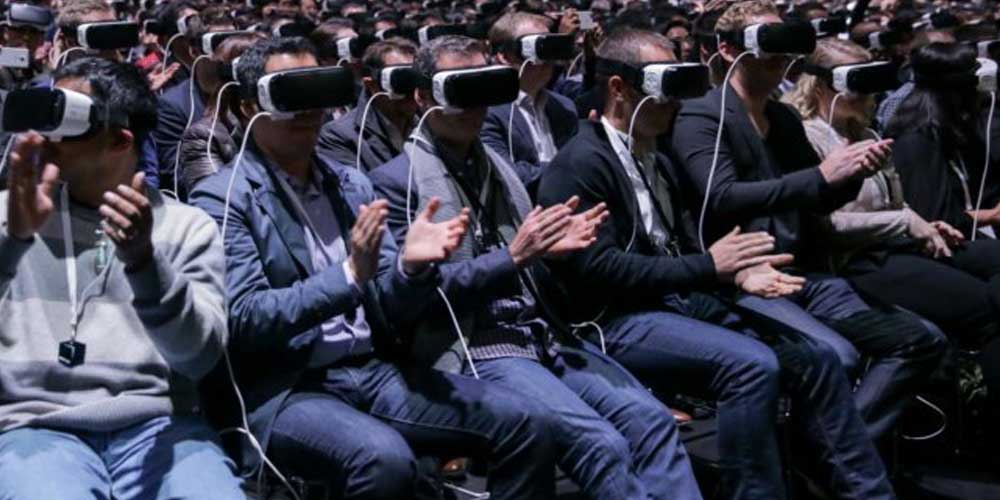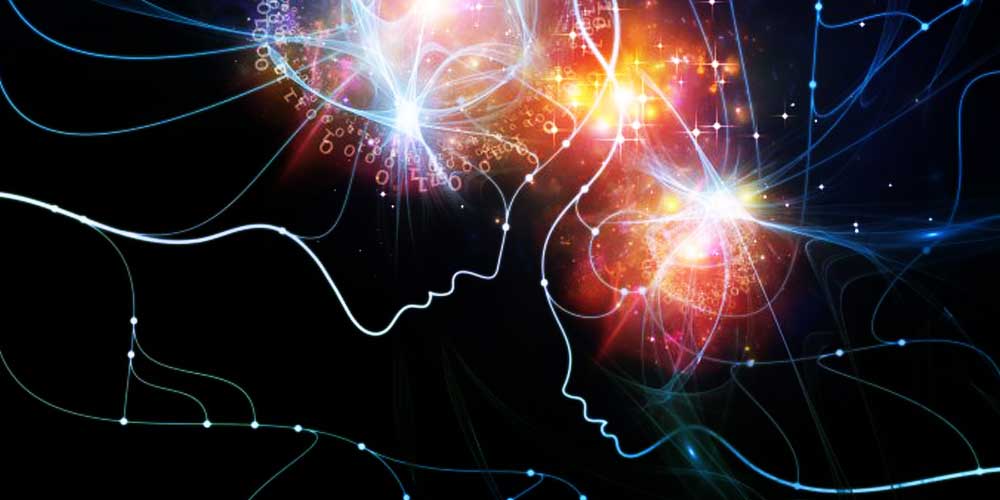Technology has aided humans in many things in history, so much that it changes many ways we conduct our lives. Technology is meant to help, and artificial intelligence (AI) that relies upon it, is for making the world a better place.
Is that true?
To some extent, the answer is yes. Humans create technology to overcome problems that couldn't be solved before, it helped the advances of science; enabling humans to explore and create impossible things, and doing unthinkable feats previously were just dreams. So where do they actually fail?
The rate of change in technology has accelerated tremendously since the late 1990s to early 2000s, especially in the areas of AI and machine learning. AI is making a big entrance to almost every aspect of tech society in a predicted but unforeseen way, causing both excitement and fear.
The risks that came with them are: information overload that causes privacy exploitation, humans getting a grip on reality and creating problems that weren't there before.

Information Overload
This is a side effect that is true and almost impossible to avoid. Technology, the internet and AI need data to perform at their maximum potential. The more they feed on data, the hungrier they become.
We live in fast-paced world where the world's information is just a few clicks/taps away, and we're getting smarter by knowing them. AI also thrives on data, and in fact it lives on them. Information is the main thing that makes them better. Limiting data is like preventing AI to become smarter, but giving it more data to feed means to give a lot more sensitive data that has a high chance of exploitation.
While people may not expect any problems concerning this before they happen, their data is already everywhere. From the search engines, social media networks, chat platforms, medical history, insurance and anything that holds their data. Protecting private and sensitive data is becoming much more difficult when technologies are merging deeper into our lives.
The more they are available, the more they are difficult to contain.
The digital world we live in, is like constructing a new universe where trenches are waiting for casualties. Ironically, the challenges to protect data is a lot more difficult than making technologies to work without them.
Both technology and AI may turn out to create the same risks that we already inherit in our society. While automation with AI does increase productivity, it won't actually improve our living conditions. In economic terms, labor and wages won't necessarily go up. On the other hand, pollution and resources are further exhausted.
There should be a regulation to govern them. In a long run, tech and AI are expected to change pretty much everything. And in order to people safe, humans should make the society itself safe for humanity.
A Grip On Reality
If we look around us, almost everything we interact with daily are powered by electricity. Yes, we have been dependent on it for a long time, and soon we won't be able to live without them.
From desktop computers, laptops to tablets and smartphones, and of course, the Internet of Things (IoT), humans are trying to merge reality with the digital world we created. From virtual reality (VR) to the more "living and alive" robots, we love the two worlds. But we live in them differently. Humans are social creatures and tech is meant to aid interaction. But as we become more dependent on technology, the two worlds seem to become one.
At one point, that is a good thing. But when we see how tech is actually limiting "humanly behavior", we won't be seeing utopia like we once were. Dystopia is what we're seeing, and however we're willing to face such outcome with open hands.
Being dependent on something usually means to be inseparable. With the internet having billions of users and social media having more than a billion, more people are conducting their social activities through their screens inside their comfort zone. Less people are willing to do the hard work of "playing and working"; we are all glued to our devices.
More Problems Rising
Both technology and AI are there to advance humans interaction; giving the ability to do things otherwise difficult or impossible. We're seeing information as our daily lives and problems are there to be solved by them.
They aid humans, but as more dependent we become, new problems that aren't there before rise.
As an example, before the internet, IoT, smartphones or even AI, how far would you protect your sensitive data? Not much. What you need to do was keeping them safe inside your computer that haven't got that internet access we're depending on today, and keeping any potential harms out by limiting the number of removable hard drives to connect to it.
Now, malicious software aren't getting your sensitive data from those disks anymore. Many of them aren't harming you from being on one flash drive to another as they were before. They're all travelling through those cables you connect to your computers, or through the air, light and anything that data can pass unseen.
With more cloud computing and cloud storage being available for a small price, or even for free, people are depending on them to store data for safe keeping. In a good way, they could access the data anywhere and anytime they want as long as they have internet connection. But the thing is, almost everyone now has internet connection, and the only protection you have is only your username/email and password(s).

Perfecting The Imperfects By Imperfections
Humans are limited in their abilities. Without the advances of science and knowledge, humans would be kept in the dark like in the Stone Age. But now we're all seeing the lights when the night comes, we're all seeing the news as soon as they happen, we're seeing more things than we need and we're practically achieving things that were before impossible.
We're not anymore primates.
The introduction of AI to technology is like acting a catalyst to speed up the patches on technology's imperfections. It's meant to improve technology by automation, helping humans and perfecting computers. But in the already imperfect world, both tech and AI are far from perfect.
Without a conscious and a great collaborative plan to move forward, we are exposing our society to a range of risks, from bigger gaps in wealth distribution to negative environmental effects.
Massive leaps in both tech and AI are already being made into many areas of automation. Machine learning, helped with numerous other technologies from both hardware and software, is already implemented on energy and other enterprise application, including automotive and of course, mobile.
With AI as the next target, we're all seeing the next industrial revolution that could be the last that humans have direct involvement. With AI as a humans' future collaborator, we're seeing technology as our potential leader.
When machines will soon be doing things better than we do, in Dr. Nils Nilsson's words, a professor emeritus at Stanford University, "Machines will be singing the song, 'Anything you can do, I can do better; I can do anything better than you'."
Now humans are still having that great responsibility to where the future holds. With that great responsibility comes great power, and we still have the power to monitor tech. Humans' authoritative state above tech should not be changed, even when humans won't be only "intelligent beings" on Earth.